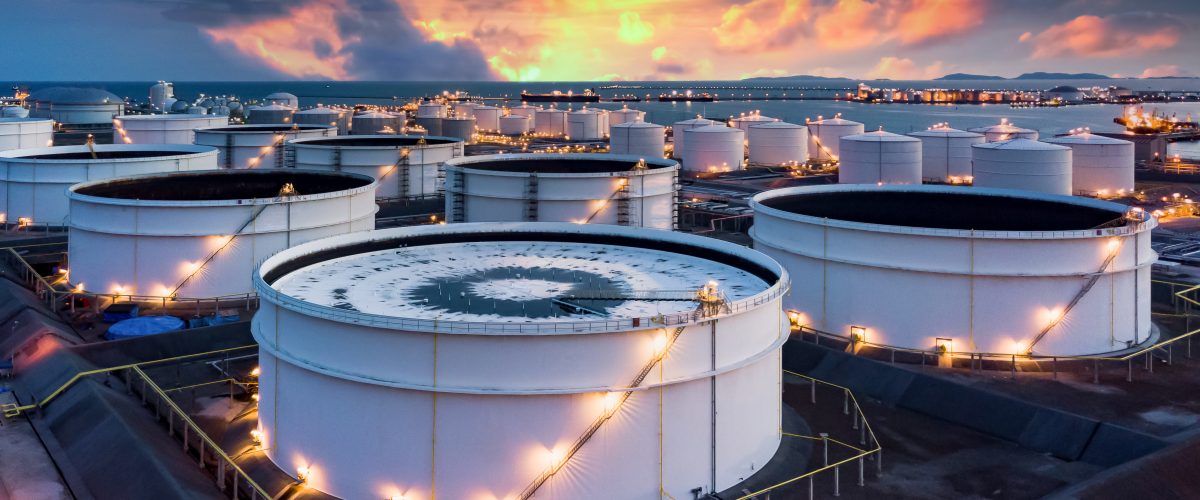11th September 2025
For many organisations – from hospitals and data centres to farms, transport operators and industrial sites – bulk fuel storage is essential. Having a reliable reserve ensures operations can continue in the event of disruption, whether that’s a power cut, supply shortage, or emergency.
However, stored fuel isn’t something that can simply be left alone. Over time, it degrades and becomes vulnerable to contamination. Without proper maintenance, this can lead to equipment failures, costly downtime, and compliance risks.
Challenges of Bulk Fuel Storage
 Water contamination
Water contamination
Moisture from condensation, leaks, or poor seals often finds its way into tanks. As water sinks below the fuel, it encourages corrosion and creates an ideal environment for microbial growth.- Microbial growth (“diesel bug”)
Where water meets fuel, bacteria and fungi thrive. They feed on the hydrocarbons, producing sludge and acidic by-products that clog filters and damage injectors. - Sediment and particulates
As fuel ages, it breaks down into particulates and varnishes. Add in rust, dirt, and other debris from the tank, and the risk of blockages increases significantly. - Oxidation and fuel instability
Diesel in particular degrades as it oxidises, losing its combustibility. This means stored fuel may not ignite properly, leaving engines unreliable when needed most. - Environmental and compliance risks
Contaminated or neglected storage tanks not only jeopardise performance but can also lead to environmental harm and regulatory issues if spills or leaks occur.
 How Fuel Polishing Works
How Fuel Polishing Works
Fuel polishing is a proactive solution designed to keep stored fuel clean and usable. Unlike simple filtration, it treats the entire tank volume through a multi-stage process:
- Separation: Removing water and sludge from the tank.
- Filtration: Capturing particulates and microbial matter.
- Recirculation: Returning clean, homogeneous fuel back into storage.
By restoring fuel to a stable condition, fuel polishing prevents waste and reduces the need for expensive refills or tank cleaning.
 The Benefits of Fuel Polishing
The Benefits of Fuel Polishing
- Reliable performance: Ensures standby generators and engines work first time.
- Lower costs: Minimises breakdowns, equipment wear, and unnecessary fuel replacement.
- Extended fuel life: Polished fuel remains usable for years, reducing waste.
- Environmental protection: Cleaner tanks mean fewer risks of leaks, spills, or non-compliance.
- Peace of mind: Confidence that fuel reserves will perform in an emergency.
Bulk fuel storage is an important safeguard, but without maintenance, it can quickly become a liability. Contamination, degradation, and microbial growth are silent threats that can undermine your operations when you least expect it.
Regular fuel polishing offers a cost-effective way to protect your investment, extend the life of your fuel, and ensure your equipment runs reliably when it matters most. In short, it’s not just good maintenance – it’s good business.
 Join us at Data Centre World Asia in Singapore on 8th & 9th October 2025
Join us at Data Centre World Asia in Singapore on 8th & 9th October 2025
SHAPING THE FUTURE OF DATA CENTRES
Register for your FREE TICKET HERE
FUEL POLISHING | W-PFS PREMIUM RANGE | WB CLASSIC RANGE | W-HL HIGH LIFT RANGE

